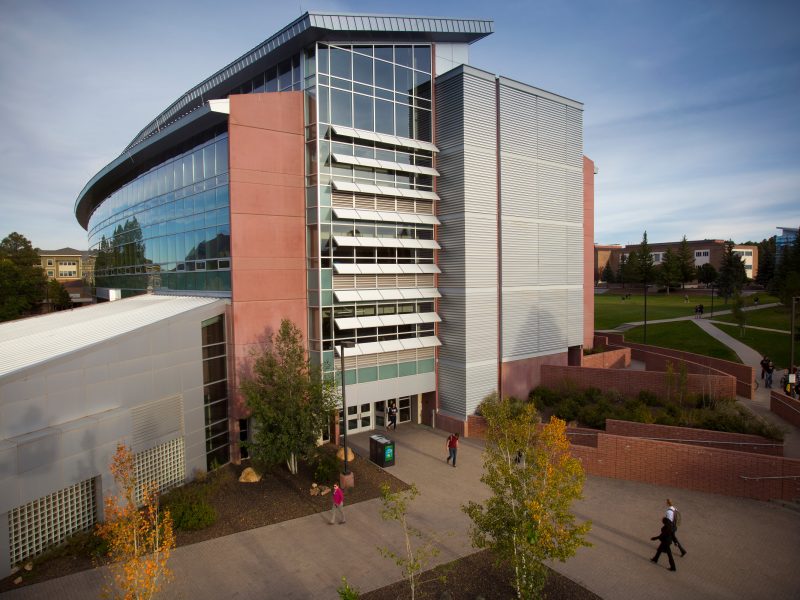Does Distance Impact Willingness to Pay for Forested Watershed Restoration? A Spatial Probit Analysis
Posted June 2014
Author
Julie M. Mueller, Ph.D.
Associate Professor
NAU-FCB
Abstract
While the relationship between ecological restoration and forested watershed health is well established in the literature, funding for restoration remains a significant constraint. Thus, estimates of the benefits of restoration are essential for efficient decision-making. While much research exists estimating the non-market value of wildfire, less research exists estimating the value of forested watershed restoration, and no studies explicitly model spatial variables estimating Willingness to Pay (WTP) for forested watershed restoration. We estimate WTP for forested municipal watershed restoration in Flagstaff, AZ, located in an arid region of the southwestern United States. We find policy-relevant differences in estimated WTP when explicitly incorporating spatial information on the distance to restoration treatment area. Our results indicate that careful consideration of the distance to proposed environmental improvements may be necessary to ensure accurate WTP estimates from dichotomous choice Contingent Valuation models.

